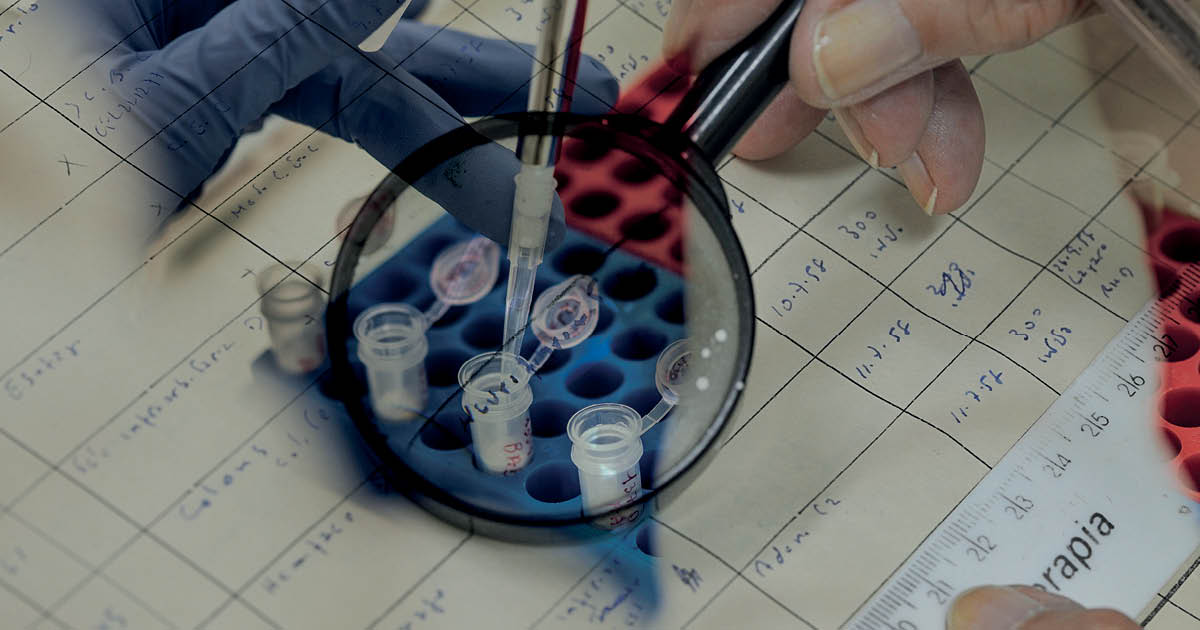The five-year review of a program that directs funding from tax exemptions to cancer research and treatment has highlighted the advantages and limitations of the model for scientific projects. The Brazilian National Oncology Support Program (PRONON) was created by the Ministry of Health in 2013 to incentivize activities related to cancer prevention and treatment at research institutions and nonprofit hospitals. Established by the José Alencar Law, named after the 2003–2010 Brazilian vice president who battled cancer for many years, PRONON allows companies to redirect up to 1% of their income tax to medical research, training, and services, an option already available for cultural activities through the Rouanet Law.
Since 2013, R$496.5 million has been donated. Of the 239 projects approved, 134 are currently ongoing—of which only 23 are related to research. According to the Ministry of Health, research proposals have a high rejection rate, often because they do not correspond to the priorities of the program, such as the development of tumor banks and diagnostic methods. “Additionally, most of the institutions accredited by PRONON do not have the necessary expertise in scientific research,” says Ana Cristina Wanzeler, director of the Economics, Investments, and Development Department at the Brazilian Ministry of Health. According to Wanzeler, most participants are hospitals that receive funding to improve care.
The research institutions participating in the program say that it provides an important complement to traditional funding sources. The ACCamargo Cancer Center in São Paulo has had two research projects approved by PRONON, receiving more than R$7 million in 2016. “This is a considerable amount that we could not have raised from funding agencies,” says Vilma Regina Martins, head of research at ACCamargo, where funding began this year for two studies: one investigating the relationship between intestinal microbiota and the onset of certain tumors, and the other looking at the potential of personalized medicine. “We will primarily use the resources for DNA sequencing, genomic analysis, and hiring technicians to collect data,” explains Martins. According to her, the ability to use the money to hire staff and pay wages is one of the great advantages of PRONON funding, since this is usually forbidden in projects backed by funding agencies.
To participate in the program, institutions working in oncology can submit up to three research proposals per year. If approved, the project is given a set time frame to raise funds from companies. To use the money, the project must successfully raise at least 60% of the value requested in the proposal. Both companies and individuals can deduct 100% of the amount invested from their income tax, up to a maximum of 1% of the tax due.
The amounts invested have fluctuated considerably over the last five years (see graph), while the annual tax-exemption limit set by the federal government for the program has been lowered. In 2015, the total tax exemption authorized for PRONON was R$90 million, below the amount initially forecast by the institutions, which was R$126 million. In 2017, the limit was reduced to R$83 million. “This reduction is a consequence of the political and economic crisis the country is facing,” says Wanzeler, from the Ministry of Health.
According to Henrique Moraes Prata, director of social responsibility at Hospital de Amor in the state of São Paulo (formerly the Barretos Cancer Hospital), setting an upper limit is detrimental to the program. “When times are tough financially, the ceiling is reduced, which can make it impossible for some projects to continue,” he says. PRONON still plays a very small role in national cancer policy compared to federal spending on oncology. In 2013, R$3.46 billion was spent on cancer prevention initiatives, including prevention, surgery, and diagnosis. In 2016, it was R$3.89 billion.
Under the PRONON program, participating institutions are themselves responsible for securing the funds. At ACCamargo, this task was initially carried out by a specialist contractor. Today, the institution has its own fundraising team. Bradesco, Grupo Ultra, and Vivo are just some of the companies that have donated to ACCamargo via PRONON. The Rio Grande do Sul Children’s Cancer Institute also has a team dedicated to fundraising. “They are qualified and experienced in dealing with government notices and contracts,” says André Brunetto, coordinator of scientific research at the institute.
The institution is currently conducting three studies in partnership with Hospital de Clínicas in Porto Alegre, totaling more than R$2.6 million in funds raised through PRONON. Two are related to Ewing’s sarcoma, a type of cancer that affects the bones of young people. “We coordinated a clinical study of hundreds of patients in Brazil. The goal is to discover new therapeutic targets for the disease, which is currently treated with chemotherapy, radiotherapy, and surgery,” explains Brunetto. The third study is investigating genetic alterations related to the metabolism and toxicity of chemotherapeutic agents.
According to Henrique Prata, from Hospital de Amor, it is often difficult to obtain 60% of the project budget within the given time frame established by PRONON. “The Ministry of Health usually approves the projects during Christmas week. This makes the fundraising process difficult because many companies are closed for the holiday.” This occurred in December 2017, he says. “We had to rush to try to raise the minimum requirement in the last week of the year.” The Ministry of Health says that in these cases, it usually extends the fundraising deadline. “Even with extensions, it is a very short period of time to present proposals to companies,” observes Prata.
Republish


